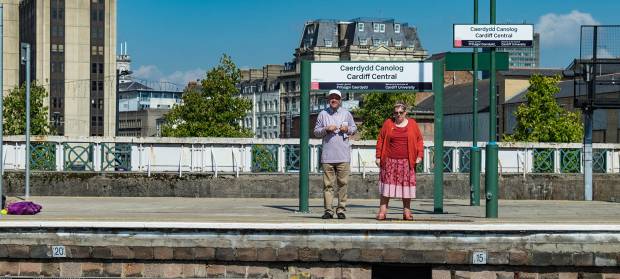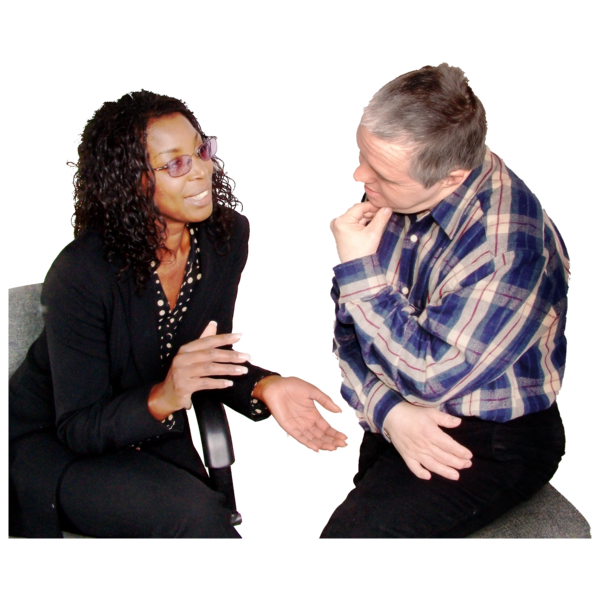Our Social Networks is a project funded by the Heritage Lottery Fund to do a number of things, such as:
- collect oral histories from people with a
learning disability
 A learning disability is to do with the way someone's brain works. It makes it harder for someone to learn, understand or do things.
in conversation with a friend or romantic partner
A learning disability is to do with the way someone's brain works. It makes it harder for someone to learn, understand or do things.
in conversation with a friend or romantic partner - to share those oral histories with the public at a series of exhibitions
- to employ a number of people with a learning disability to work with regional museums across Wales to make their work more
accessible
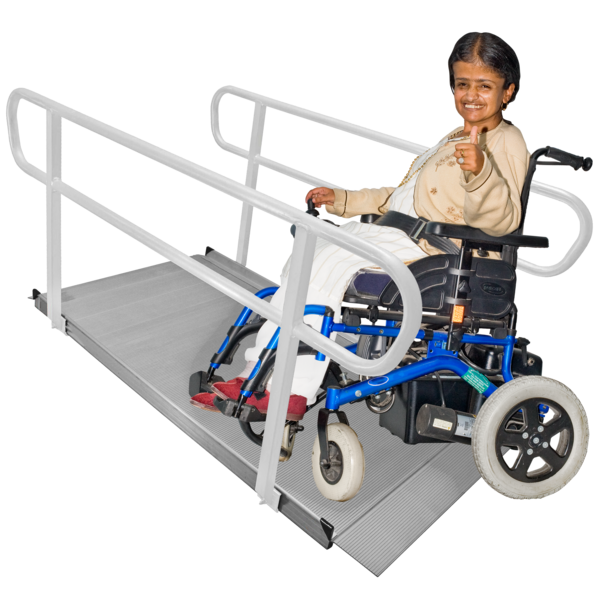 Accessible means something is easy for people to use or join in with. For example: Accessible writing means the writing is easy to read and understand.
.
Accessible means something is easy for people to use or join in with. For example: Accessible writing means the writing is easy to read and understand.
.
Oral histories are simply recordings of someone's voice telling a story. I used to manage an oral history project called Hidden Now Heard. You can hear some of those stories by visiting the People's Collection Wales website.
We will post regular updates from the team about the work that we do.
Why are we doing this project?
The Hidden Now Heard project collected 99 oral histories from the people who lived or worked at six of Wales' long-stay hospital.
One of the main things we found was that former patients now have
independence
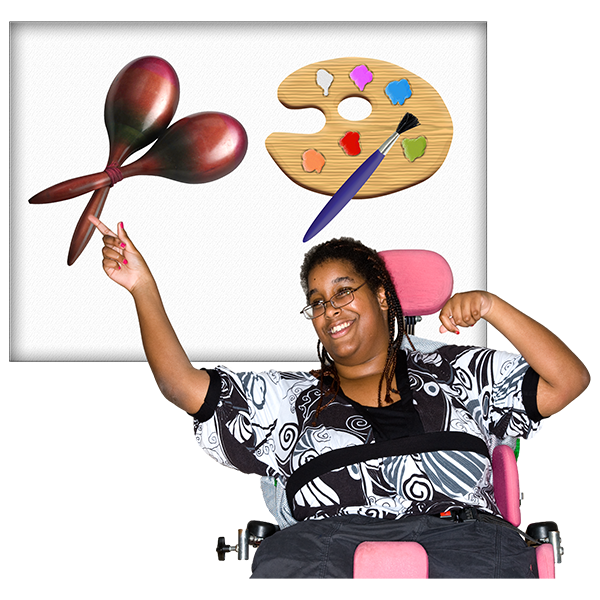 Independence means doing things on your own. Making your own choices.
in many ways. But they do not have the same freedom to experience friendships and romantic or sexual
relationships
Independence means doing things on your own. Making your own choices.
in many ways. But they do not have the same freedom to experience friendships and romantic or sexual
relationships
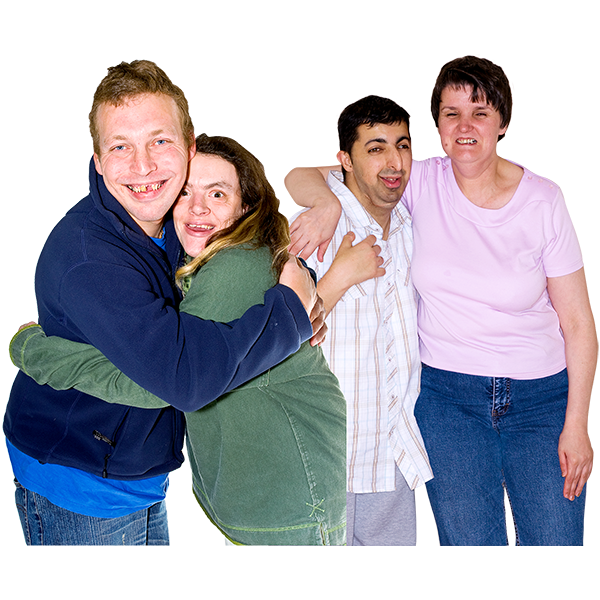 Relationships are about the people in your life. You might have different types of relationships like friendships, family relationships, or a boyfriend or girlfriend.
that they used to have.
Relationships are about the people in your life. You might have different types of relationships like friendships, family relationships, or a boyfriend or girlfriend.
that they used to have.
Our Social Networks has been running for 12 months and we are focusing on people with a learning disability aged 18 to 25, and those aged 45+. We want to compare the two sets of life experiences. We have made 17 recordings but have been surprised at how challenging it has been to find people to take part.
There are many valid reasons why people would not want to take part in our project. But one issue that has come up has been misunderstanding around the
Mental Capacity
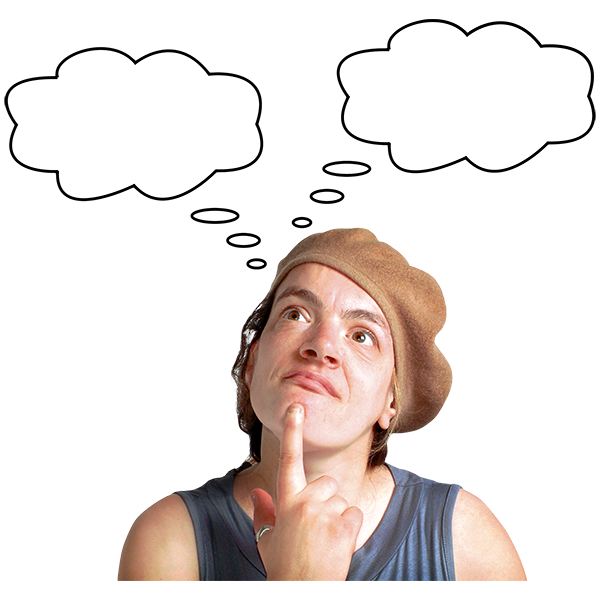 Mental capacity means being able to make a decision when it needs to be made.
Act.
Mental capacity means being able to make a decision when it needs to be made.
Act.
We have found carers where rather than assuming capacity around a specific decision. Some people think that capacity is a blanket term, and assumed that someone lacks capacity. It has meant that in a few small cases, it has been questioned whether a person with a learning disability can even meet with us to find out information about the project.
Our activities
We believe that by sharing the stories, good and bad, of the friendships and relationships experienced by people with a learning disability, that we can affect how the public, support staff, local authorities, policy makers and organisations (including Mencap) think, feel and behave about people with a learning disability.
We have already held a pop-up museum this eyar in various
community
 A community is the people and places in an area.
settings when were engaged with 400 people. Our original plan for the exhibitions was to have a series of boxes that communicate the message of the project, quotes from our interviews and images.
A community is the people and places in an area.
settings when were engaged with 400 people. Our original plan for the exhibitions was to have a series of boxes that communicate the message of the project, quotes from our interviews and images.
We felt after these four exhibitions that we needed to rethink our approach. The boxes looked nice and did draw people in but they did not engage people in the subject matter of friendships and relationships.
Our Social Networks aims to collect the stories of friendships and relationships experienced by people with a learning disability in Wales.
Find out more about this project and how you can get involved.
